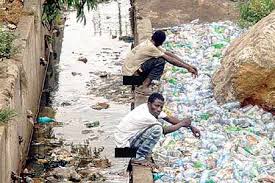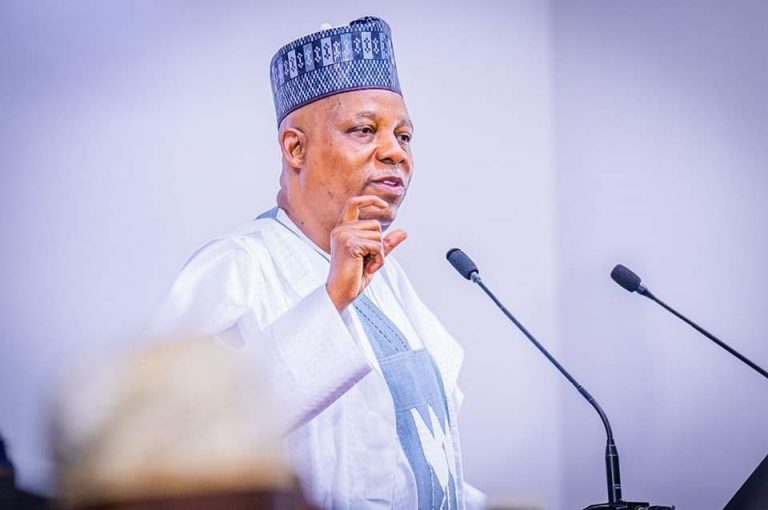Attributes cholera outbreaks in Kano and other states to inadequate toilet facilities.
By Achadu Gabriel, Kaduna
A total of 3.5 billion people globally lack access to safely managed sanitation, while 47 million people in Nigeria still practice open defecation, according to the Minister of Environment, Hon. Balarabe Lawal.
However, the Minister assured that the Federal Government of Nigeria is committed to addressing the country’s sanitation challenges, including ending open defecation and ensuring proper excreta management.
He made the statement in his speech during the 2024 World Toilet Day (WTD) commemoration, held at the Coronation Hall, Government House, Kano, in Kano State.
“Globally, 3.5 billion people lack access to safely managed sanitation, while 47 million people in Nigeria still practice open defecation,” he stated.
The Minister, Mal. Lawal, who was represented by the Director of Pollution Control and Environmental Health, Engr. Bahijjahtu Abubakar, highlighted the government’s commitment through measures such as the “Declaration of a State of Emergency on Water, Sanitation, and Hygiene in the Country by Mr. President” and the signing of Executive Order No. 009, which aims for an Open Defecation-Free Nigeria by 2025.
The Minister also noted that leaving millions without access to safe toilets jeopardizes the entire 2030 Agenda, with the poorest, particularly women and girls, suffering the most in terms of poor health, missed education, loss of productivity, and general insecurity.
He mentioned that many people in Nigeria still resort to using bushes and water bodies for excreta disposal. He also pointed out that many institutions lack sanitary facilities, and where they exist, they are either non-functional or misused.
“Most urban areas lack sewer systems and safe sewage collection, making disposal a huge challenge. Many rivers, streams, and farmlands serve as repositories for sewage and wastewater,” he added.
Furthermore, the widespread use of soakaway systems in urban and peri-urban areas has led to significant contamination of underground water sources, such as boreholes, which contribute to preventable diseases.
According to the Minister, one of the major consequences of poor excreta and sewage disposal is the high rate of diarrheal diseases, which is the second leading cause of high morbidity and mortality among children under the age of five.
“The persistent occurrence of annual cholera outbreaks in states like Kano is also a manifestation of inadequate toilet facilities,” he said.
Hon. Lawal stressed the need for urgent, massive investment and innovation throughout the entire sanitation service chain. He emphasized that investing in the sanitation sector is beneficial for public health and the economy.
“For instance, every Naira invested in toilets and sanitation returns up to five Naira in saved medical costs, better health, increased productivity, education, and jobs,” he explained.
He reassured the public that the Federal Government remains committed to solving the sanitation crisis, including the elimination of open defecation and the proper management of excreta.
The theme for the 2024 WTD, “Toilets: A Place for Peace,” is highly relevant, offering an opportunity for public campaigns that promote behavior change for positive action, he added.
“We are just six years away from the target year of achieving SDG 6 on safe toilets and water for all by 2030. As of today, we still need more deliberate commitment and actions to meet that target in Nigeria,” Mal. Lawal concluded.
—
This version corrects grammar issues, improves sentence structure for clarity, and ensures a more consistent flow.





